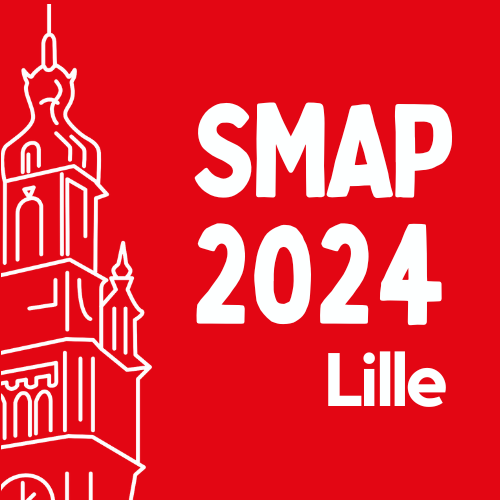
Session: Session 4
Efficient and repeatable peptide desalting with AttractSPE®Disks Tips C18 in manual and fully automated proteomics workflows
Introduction: Bottom-up approaches are commonly used for proteomics analysis in LC-MS/MS. However, salts present in the digestion buffers can generate ion-suppression that limits peptide detection and greatly impacts proteins identification.
Methodology: Several AttractSPE®Disks Tips C18 were evaluated for peptide desalting. These SPE Tips, packed with a SPE membrane combining high capacity and small dead volume, are particularly adapted for centrifugation or positive pressure assays.
Results: First, 200µL SPE Tips C18 with different binding capacities were tested for the manual desalting of 100ng of HeLa digest by centrifugation. The nanoLC-MS/MS analyses of peptides were compared to those obtained after direct injection of a non-purified loading solution. This comparison showed that 97% of proteins could be identified after desalting on the C18 tips, with high recovery of all peptides on the whole polarity range. Low variability was obtained for intra- and inter-tips assays, highlighting the tips reliability.
Then, 10µL AttractSPE®Disks Tips C18 were compared to home-made StageTips (with Empore C18 SPE disks) for the automated desalting of 2µg and 100ng of protein digest on the DigestPro MSi robot (CEM) prior to analysis on a nanoElute – timsTOF Pro LC-MS/MS system. This comparison showed a 10% increase in the number of identified proteins and higher peptide intensities with the AttractSPE®Disks Tips C18, that performed better in the hydrophilic range, thus demonstrating than this C18 sorbent offers a wider spectrum of interactions compared to home-made StageTips. In addition, the P3S team has optimized the program on the DigestPro MSi robot to reduce the time from 40min down to 10min per sample.
Conclusion: This study has shown that the AttractSPE®Disks Tips C18 can be used both for manual or automated desalting workflows, and are perfectly adapted to single cell-like analysis as well as high peptide amounts, thus covering a wide range of applications.